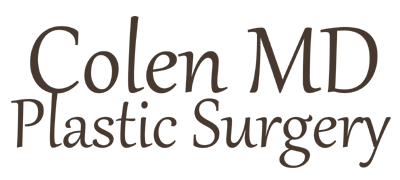Rectocele Surgery
A rectocele can occur when the rectum prolapses into the vaginal canal because the wall between the vagina and the rectum is very thin and weak. Often the cause is chronic constipation or childbirth. During childbirth the pelvis muscles and ligaments are stretched thin causing the pelvic support structures to weaken due to carrying the weight and straining during the delivery. The likelihood of a rectocele to occur becomes higher the more babies that a woman has.
Rectoceles can also be caused by chronic straining from heavy lifting, constipation, a chronic cough or obesity. As women age and their body no longer produces hormones, the vaginal tissues become weaker and more susceptible to rectoceles.
Some symptoms that could indicate a possible rectocele include:
- Incontinence that occurs after a bowel movement.
- Constipation where a woman has to push manually against the back wall of the vagina to help with the passage of the bowel movement.
- Urgency and frequency of bowel movements.
If a woman suspects that she might have a possible rectocele she should contact her physician for a physical examination. The doctor will be able to see and feel the rectocele and will examine the contraction of her vaginal muscles to determine their strength. The physician might also require a defecography test that will look at the pelvic area while the patient is trying to have a bowel movement.
Non-surgical treatment for a rectocele includes Kegel exercises and one is urged to maintain a healthy weight. Kegel exercises are especially important after childbirth. Drinking six to eight glasses of water or other decaffeinated liquid per day will tend to keep the stools soft so there is less straining during a bowel movement. Eating a fiber rich diet is encouraged to keep the bowel movements regular. A pessary ring may be inserted into the vagina to support the pelvic organs. Some people experience problems such as pain or discomfort with a pessary because it doesn’t fit correctly or it shifts in the vagina after a bowel movement, making surgery a necessity.
If surgery is required because the rectocele is too severe, a repair will be performed through the vagina and anus and the perineum which is between the anus and the vagina. If necessary the surgery will be performed through the abdomen.
After surgery, it is important to maintain a good diet, avoid gaining weight and exercise routinely. Heavy lifting must be avoided. If a patient develops bronchitis or a chronic cough, it should be treated immediately, and smoking must be avoided.

